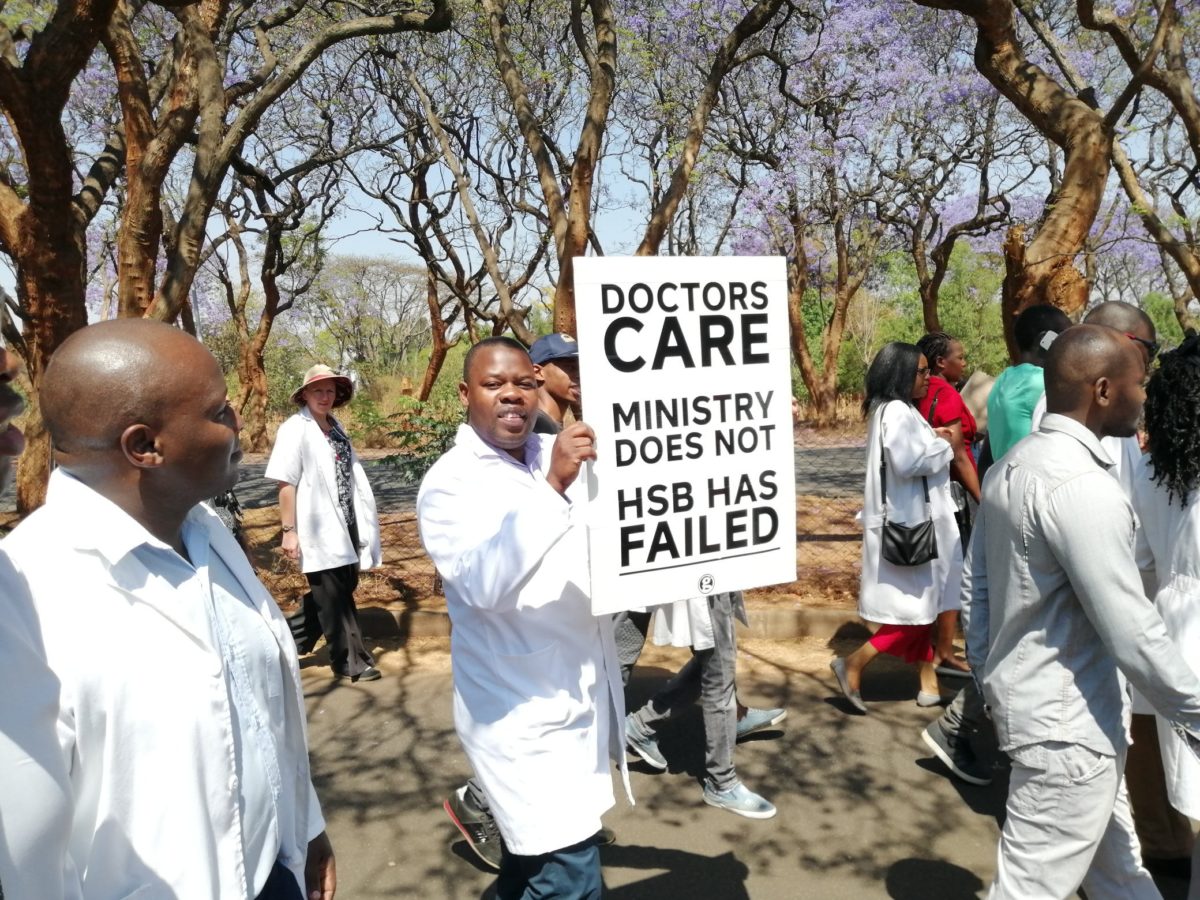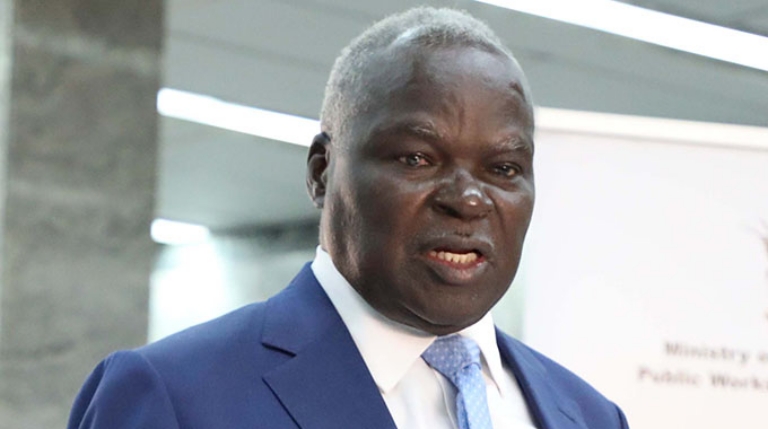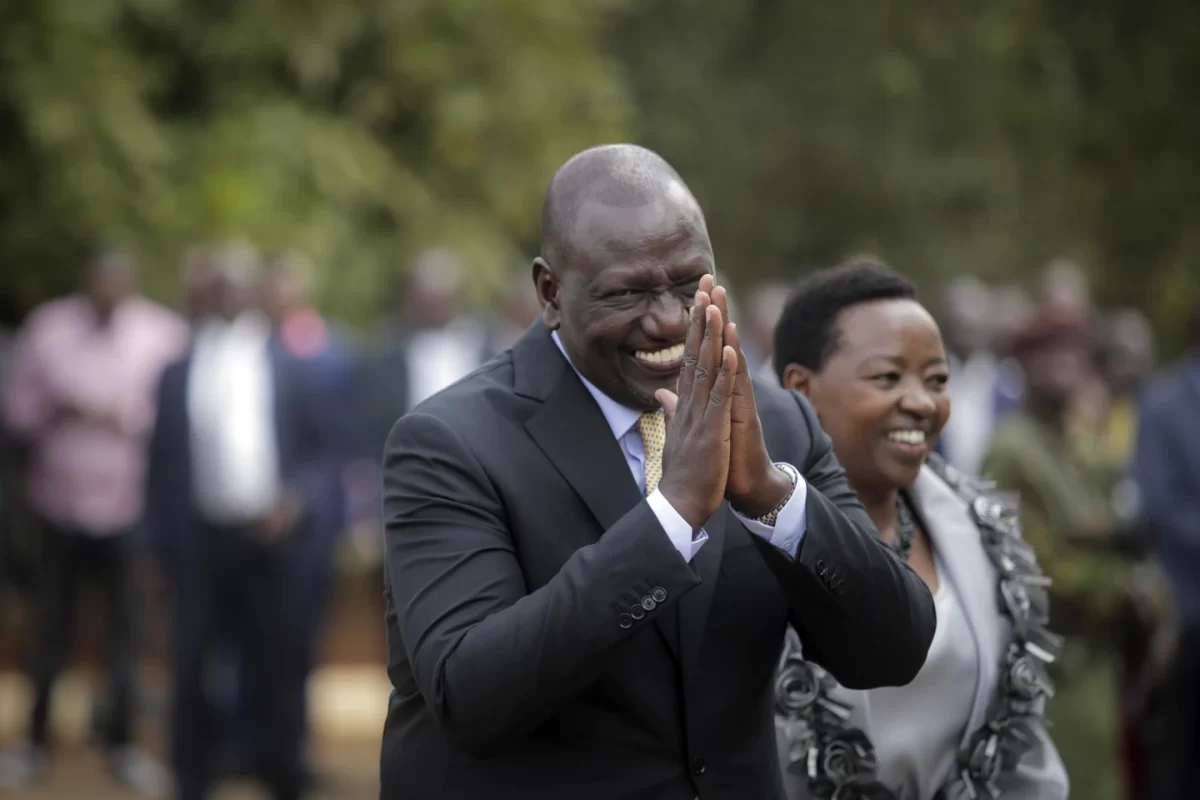HARARE – Zimbabwe will enlist junior doctors in the army in a move which unions say is aimed at stopping them from going on strike.
New health minister and vice president Constantino Chiwenga, a former army general, has decreed that junior doctors must be recruited as military doctors, or they will not work in government hospitals.
Some 230 medical students passed their final examinations this week and were due to be sent to public hospitals as Junior Resident Medical Officers (JRMOs) for three years of on-the-job-training before they are allowed to open surgeries.
In a September 28 letter to the health ministry’s permanent secretary Jasper Chimedza, a retired soldier, the Health Service Board said the finance ministry had approved the hiring of 407 JRMOs, but only on condition that some of them are appointed under the Defence Forces Service Commission.
“In view of the treasury concurrence, the Health Service Board is recommending that the 230 JRMOs be employed under the Zimbabwe Defence Forces who have indicated that they are willing and ready to do so,” the HSB, which falls under Chiwenga’s ministry, wrote.
Under section 65 of Zimbabwe’s constitution, members of the security services are not allowed to engage in collective bargaining or join trade unions.
Doctors’ unions said they are consulting about the next steps, but lawyers warned the planned move may be unconstitutional.
“The health minister wants to recruit them under the defence forces, where they will be given draconian contracts which don’t allow them to strike,” said Dr Anele Bhebhe of the Zimbabwe Hospital Doctors Association.
“Their plan ultimately is to stop future strikes.”
The government previously toyed with the idea of placing junior doctors under the higher education ministry, arguing that their training was still in progress.
Ministers then made threats to reform laws and ban all health workers from striking.
Chiwenga’s appointment as minister in August, and the appointment of an ex-soldier Chimedza as health ministry secretary, signalled an intent to militarise the health sector and take a tougher line on health workers who have embarked on a series of strike over the last 12 months.
“We are seeing a quite obvious militarisation of the health sector,” said Norman Matara of the Zimbabwe Association of Doctors for Human Rights (ZADHR).
“Doctors are facing new threats everyday. Last week, the government published new guidelines for obtaining a Certificate of Good Standing for those who have found better jobs overseas, the requirement that this must be approved by the health ministry secretary. We have also been told that to renew our practising certificates, doctors must now get the minister’s signature.
“All these measures are an attack on the medical profession which has led the resistance against slave wages being given to government employees. They want to whip doctors into line,” Matara added.
The main opposition MDC Alliance criticised the move.
“Doctors did not go to medical school for five years only to be told on graduation day that they are soldiers. Their legitimate expectations, dreams and professional standing are on the line just because of bankrupt rulers,” said party spokesperson Fadzayi Mahere.
Lawyer Advocate Thabani Mpofu said forcing doctors to join the army was likely unconstitutional.
“The surreptitious conscription of doctors into the army is in breach of section 64 of the Constitution and must be condemned. Those young professionals have the right to practice their chosen profession,” Moyo wrote on Twitter, citing a constitutional provision which says “every person has the right to choose and carry on any profession, trade or occupation…”
Public hospitals are struggling with shortages of medicines and have relied on support from mostly Western donors. Senior government officials, including Chiwenga, often seek medical help abroad.
Zimbabwe’s 2,000 junior doctors have twice been on strike over the last 12 months decrying salaries as low as Z$9,450 (US$115) per month. Many are reportedly ready to leave after finding better paying jobs in the region and overseas.
















